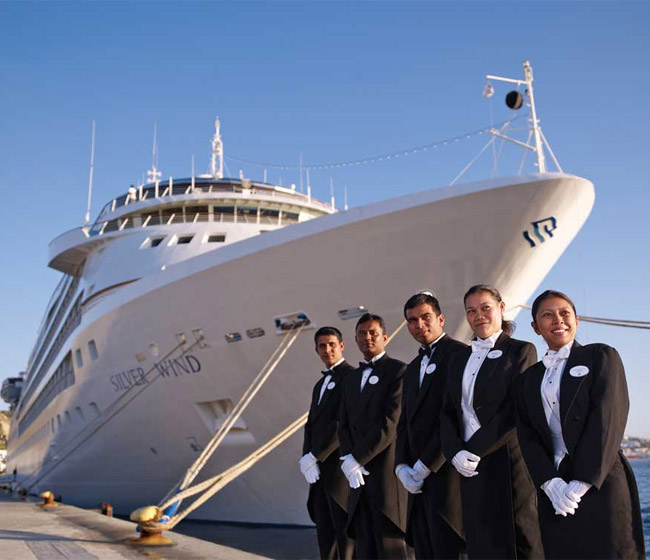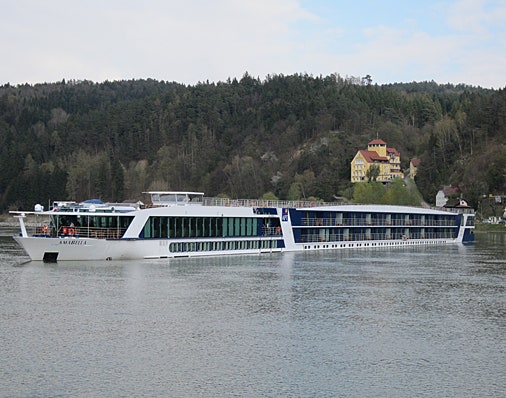
Americans have been warned by the U.S. State Department not to take cruises. This advisory cites the increased risk of infection from the bacterial virus COVID-19, which can be transmitted to passengers aboard cruise ships. It is best to cancel any cruise plans until the issue has been addressed.
Passport book
A valid passport book is required to be able to travel on a cruise ship. They are issued by U.S. State Department and serve as proof that you are a citizen. The cruise ship will refuse to allow you to board if you don’t have a valid passport. You should be aware that many cruise ships have a policy that requires passengers to present their passport book before boarding. The U.S. State Department has more information about this requirement.
A passport book can be used for international and domestic travel. You can use multiple pages in passport books to get stamps or visas. They are useful for multiple trips to different countries. A standard passport contains 28 pages. You can, however, extend the page count to 52 pages by paying an additional fee. However, electronic passports have become the norm since 2007.

Visa requirements for state department cruise travel
Visa requirements can vary widely depending on where you plan to go. For instance, citizens of Canada and the U.S. are required to present a valid passport. Or, you can use a trusted traveler's card such as NEXUS, FAST, or SENTRI. In certain states, passengers can also apply for an Enhanced Driver's License.
To apply for a cruise visa, start by checking the State Department's web page. This page provides useful information about visa requirements and links to application forms. Make sure to plan ahead, though, as last-minute rushes can cost you dearly. VisaCentral offers full-service services, so you can get the visa for your cruise.
Your passport book is another essential piece of documentation. You must have the latest version of your passport if you intend to travel on a cruise that is not within the United States. This is especially important if the destination you are planning to visit is Bermuda or Caribbean. Additionally, you should also bring an original birth certificate.
Prevention of COVID-19 transmission on cruise ships
The cruise industry has made it a top priority to prevent COVID-19 infection on cruise ships. This highly contagious disease can quickly spread among passengers aboard cruise ships. Rapid and aggressive action are crucial to avoid large-scale outbreaks and minimize the chance of infection. This article discusses the main strategies for preventing COVID-19 spread on cruise ships.

Cruise ship operators are required to make daily reports to the USCG and the CDC on the number of cases of COVID-19. The reports must include details about the frequency of medical screenings, temperature checks, and the use of masks to reduce the risk of contamination. The crew of cruise ships must also be trained in responding to COVID-19 epidemics. They must also follow the recommended precautions for treating and preventing the virus.
The prevention of COVID-19 transmission from cruise boats remains a challenge. However, the CDC has committed to working with cruise operators to ensure safe and healthy travel. In fact, the CDC provides tools and guidelines to cruise ships that can help them combat the virus.
FAQ
Why are cruise vacations so popular?
People who don't want long flights or delays but still want to enjoy a memorable vacation have found that cruises are increasingly popular. The cruises offer a relaxed atmosphere that allows passengers to relax and enjoy their vacation without having to worry about work or other daily details.
Travelers can also visit other destinations by boat, which makes it possible for them to cruise ships. This gives them plenty of time to see all the sights and attractions available in each destination.
How can I choose the best cruise line?
Choosing the right cruise line is easy. The first step is to decide which type of cruise you'd like to take. You might prefer a smaller intimate cruise, or one with many passengers. You should also consider how much money your budget allows you to spend. If you are looking at something more affordable, then consider cruises that offer "all inclusive" packages. These packages will save you the hassle of paying for extra food, drinks, entertainment, and so on. If you are planning a family vacation, make sure that you select reputable cruise lines that offer great family programs.
Where should my cruise take me?
If you are interested in visiting different ports of call, you should consider where you want to visit. This information can also be used as a way to narrow down your search. For example, if history is your passion, you may choose to cruise to destinations such as Alaska, Bermuda or Canada. You might be more interested in beaches and watersports if you choose to include destinations like Jamaica, Aruba or the Bahamas, Costa Rica. Panama, Hawaii, Tahiti, Tahiti, Costa Rica, Panama.
Do I have to dress up for a cruise or not?
You don't have to dress up or wear anything extravagant. Be comfortable and ready for relaxation.
What is the cost of a cruise vacation?
A cruise vacation costs $1,000 per person plus taxes and fees. A family of four will pay $4,200 on average. This includes all meals.
Where do cruises get started?
Miami, Florida is a popular place to start a cruise vacation. Cruises depart from this city because it has both international airports and ports. These two locations make it possible for passengers to explore South America as well as Europe.
Statistics
- The line estimates savings of 50% when you purchase this bundle. (travel.usnews.com)
- You'll need to budget around $80 per person per day for this option – and an additional 18% gratuity. (travel.usnews.com)
- *20% Gratuities Apply on Free Unlimited Open Bar; Free Specialty Dining. (ncl.com)
- In addition, 10 to 15 percent gratuity is typically added to bar bills — for alcohol and soft drinks — and gratuities are applied to spa treatments. (cruiseline.com)
External Links
How To
How to stay safe while on a cruise ship
There are many things to be aware of before you board a cruise ship. So that you don't get in trouble, it is important to know how to behave aboard. Here are some safety tips to help you enjoy your trip.
-
At all times, be aware of your surroundings. People often gather onboard cruise ships to share meals. Because you are surrounded with people who want to talk and eat, it is easy to get distracted from your tasks. You shouldn't allow this to distract you away from the important things you need to do. If you spot someone using dangerous substances, such as smoking or alcohol, let them know politely.
-
When you board the ship, keep your room key close by and give it to the person checking in. You will be able to tell them where you are if they need you. Your passport is also important.
-
Keep valuables hidden from view. Most cabins are equipped with drawers beneath the bed. You can store important documents such as passports and credit cards. Be sure to keep nothing valuable out of plain sight. You should keep your bags hidden away from others.
-
Keep hydrated. While cruise ships have plenty of water, sometimes it can be difficult for passengers to remember to drink enough. Get bottled water for free on the ship. Do not become dehydrated. You will feel tired and cranky which can lead to accidents or fights.
-
Be attentive to all announcements. Announcements are posted everywhere, including on TV screens and public address systems. They contain safety procedures, emergency exits, weather reports, and more. These announcements should be heeded. They may save your life.
-
Do not leave your cabin without first locking the door. Never leave your cabin unlocked, no matter how friendly a crew member seems. Thieves often break in through unlocked doors. Ask a crew member first if you need to use the bathroom.
-
Avoid going too far. The crew will need to wait for you to be rescued if you do fall overboard. In the meantime, sharks and other sea creatures may be attracted to your body. You should wait until help arrives.
-
Smoking is not permitted in elevators. These elevators are pressurized, meaning smoke can build up quickly. If you feel dizzy or lightheaded, get off immediately. You can still breathe even though it is outside fresh.
-
Know how to evacuate. Each year, thousands of people die after being trapped in elevators. In an emergency, you should follow the instructions displayed on the screen.
-
Make sure you are familiar with the fire drill. Fire drills take place regularly, almost every day. Everyone on deck must evacuate during a drill. Follow the directions given by the crew members. After the drill is completed, return to your cabin and lock it.
-
Ask questions before accepting food or drinks. Cruisers are often concerned about food poisoning. Many people don’t know that certain foods may not be safe to consume while aboard a cruise ship. On most cruise ships, raw oysters are prohibited. If you aren’t certain whether or not the food that you’ve been served is safe for you, please politely decline to accept it and find another meal.
-
Be careful when using the pool. There have been numerous instances of people accidentally falling into the pools. This is a common occurrence. It is also possible to slip on the ground. So always wear proper footwear and pay attention to your surroundings.